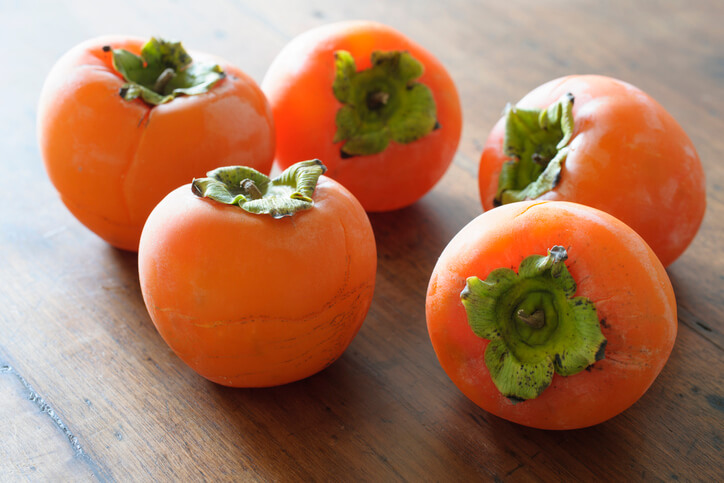Woman Develops Mass in Stomach After Eating Persimmons? Let’s Talk About Bezoars

**Title***
By Joy Stephenson-Laws, JD, Founder
You are probably pretty familiar with what a kidney stone is. It is essentially buildup (a clump) of waste in the urinary tract that may cause an obstruction and a lot of pain.
But another type of buildup/obstruction that you might not know much about is called a bezoar.
What is a bezoar?
A bezoar is basically a solid mass of tightly packed undigested or partially digested material that usually occurs in the stomach. It may cause a blockage.
Recently, a 40-something woman in China suffered several abdominal pain due to a two inch, indigestible bezoar in the middle of her stomach, according to one news report.
Doctors said the bezoar formed due to consuming a diet consisting of crab meat and persimmon fruits.
So this is where I got confused. How could this particular diet cause a bezoar? Well, after doing some research on different types of bezoars, it all became very clear to me.
There are several kinds of bezoars, and they are classified by what they are made of (Merck Manual):
- Phytobezoars. Most common and are made of indigestible fruit and vegetable material such as fiber, peels and seeds.
- Diospyrobezoars. A kind of phytobezoar made of fruits called persimmons.
- Trichobezoars. Made of partially digested hair.
- Pharmacobezoars. Made of hardened blocks of drugs (such as antacids).
So persimmons appeared to be the culprit! This was pretty shocking to me, because aren’t all fruits are supposed to be healthy and good for us? Persimmons are rich in essential vitamins and minerals such as potassium, manganese and vitamins A, B6 and C.
Furthermore, a study comparing apples to persimmons “...found persimmons contain significantly higher concentrations of dietary fiber, minerals and phenolic compounds - all instrumental in fighting atherosclerosis, a leading cause of heart disease, heart attacks and stroke,” according to ScienceDaily.
So persimmons are healthy, however, they may cause bezoars?
Yes but bezoars are actually pretty rare, and you normally would have to eat a lot of persimmons to get a diospyrobezoar. The woman in China must have been consuming more persimmons than the average person, but you really should check with a competent healthcare professional to see if persimmons are a fruit that is safe to include in your diet. And as always, practice moderation.
You also want to make sure the persimmon fruit is ripe.
“A warning to those tempted to over-indulge in persimmon fruit: the tannin in the unripened fruit can combine with other stomach contents to form what is called a phytobezoar, a sort of gooey food ball that can become quite hard. One patient had eaten over two pounds of persimmons every day for over 40 years. Surgery is often required to remove bezoars, but a recent study indicated Coca-Cola could be used to chemically shrink or eliminate the diospyrobezoar. There is very little risk to those infrequently eating ripe persimmons,” according to Purdue University.
Additional risk factors for bezoars?
“Food or other materials can collect in anyone, including children, but are more likely to collect in people who have certain risk factors,” according to the Merck Manuel. Some of these include:
- Having had surgery on the digestive tract (for example, gastric bypass).
- Having certain conditions that may influence how the stomach empties food (diabetes, certain autoimmune disorders and mixed connective tissue disease).
- Being on certain medications that may slow down stomach contractions.
Of course, all this highlights the need to take the time to provide comprehensive responses when your visit your doctor. One of the questions patients usually get asked is about their diet. As you can see, information about your diet can go a long way to helping your doctor make a diagnosis.
Bear in mind that bezoars are often asymptomatic, but symptoms may include nausea, vomiting, pain and feeling full after a normal-sized meal.
You also want to chew your food thoroughly. Not only may this help prevent bezoars, but it may also promote better nutrient absorption and more comfortable digestion.
Enjoy your healthy life!
The pH professional health care team includes recognized experts from a variety of health care and related disciplines, including physicians, attorneys, nutritionists, nurses and certified fitness instructors. This team also includes the members of the pH Medical Advisory Board, which constantly monitors all pH programs, products and services. To learn more about the pH Medical Advisory Board, click here.







